The Tale of a Capiz Necklace from Start to Store
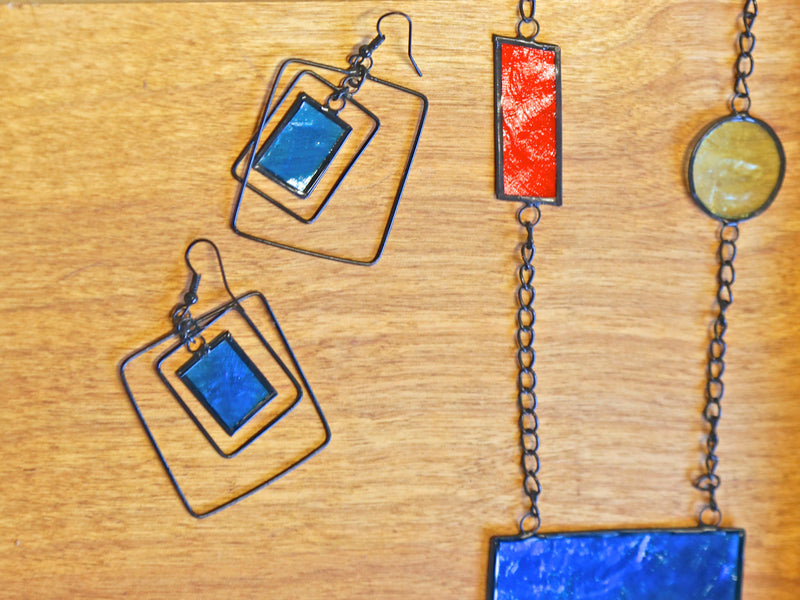
You probably know that our products are made by artisans in developing countries who are given the opportunity to work for a fair wage, and you might have noticed that we are incredibly passionate about our work, but perhaps you are still wondering how it all works…
How does an idea become the tangible product you see in stores?
We will answer that question with a story.

Our former buyer Dalaiah traveled to the Philippines last January to visit with artisans at SAFFY, Inc. in the archipelago’s capital, Manila. Founded in 1966 and specializing in capiz, Social Action for Filipino Youth (SAFFY) has partnered with Ten Thousand Villages since 1986. One stop along her way was DTCL Shellcrafts, one of SAFFY’s success stories. This workshop is owned by former SAFFY employees, who, with the help of the organization, acquired the skills necessary to open their own shop. While Dalaiah was there she had the unique opportunity to collaborate face-to-face on the upcoming summer designs.
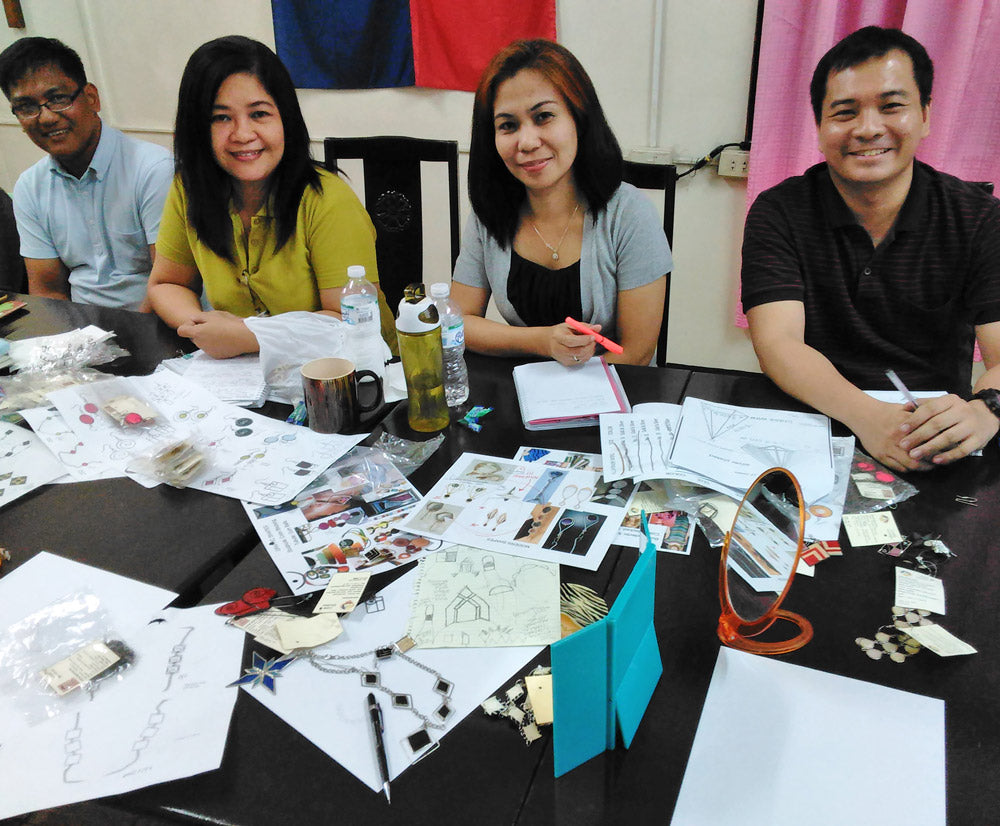
Often the design process consists of email chains, two-dimensional design layouts, and FedEx packages; but in person, inventive minds can sit around tables covered in pictures, materials, and color schemes and let the ideas flow. After multiple sketches were made, Louinuel (Loui) Babia, a designer from SAFFY, drew everyone’s attention with one of his rough drafts: a necklace made of capiz and incorporating designs inspired by modern art. After agonizing over the right layout and a quick run to the mall across the street to pick up some colored pencils, the sketch was complete with measurements and pigment. Upon leaving, Dalaiah could truly say that the trip had been a success, and a heartwarming reminder of the meaningful, creative partnerships we have with artisans. But there was no stopping yet; the process had only just begun.
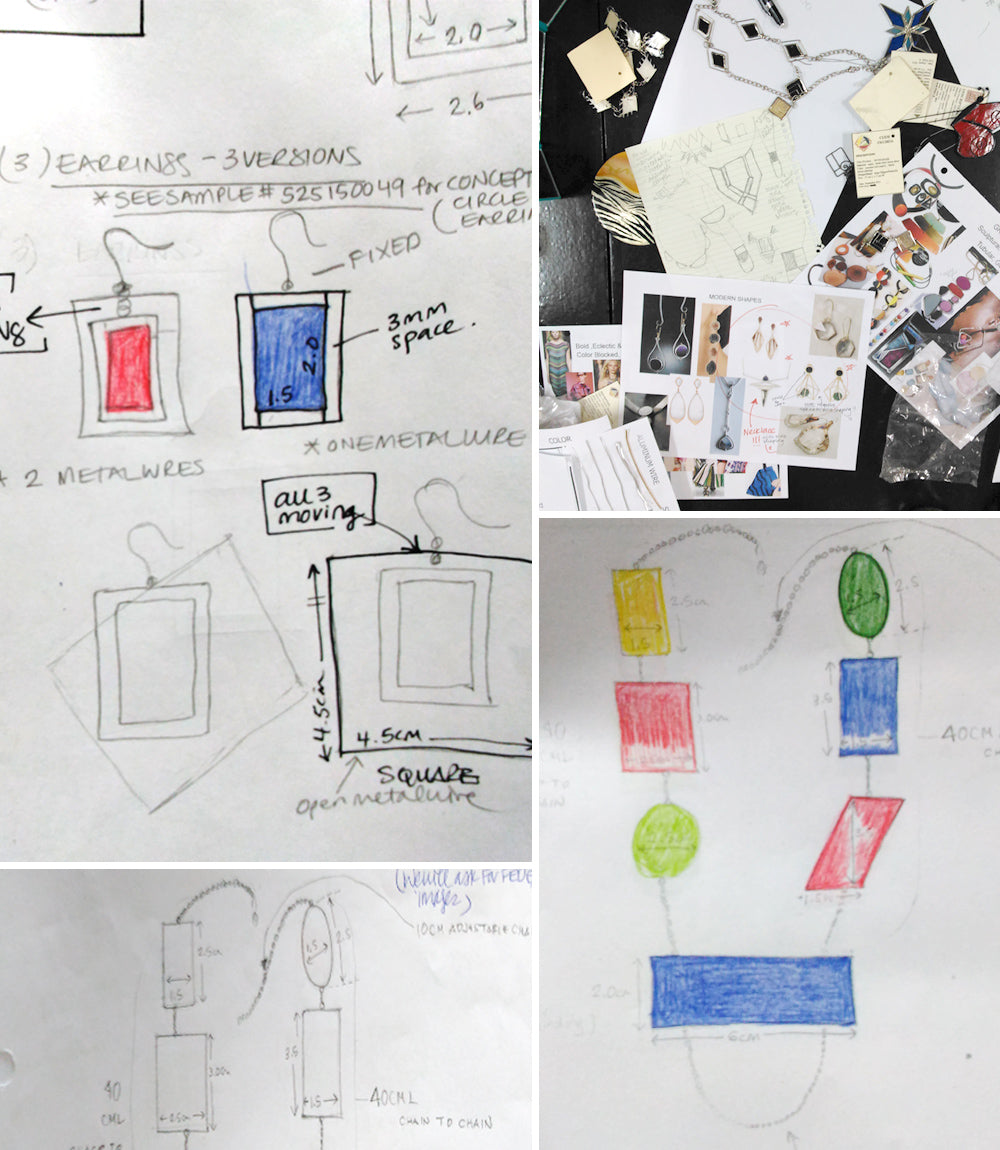
Returning to the States, Dalaiah remained in contact with staff at SAFFY while the workshop created samples to send to Ten Thousand Villages’ office. After alterations and her stamp of approval, the workshop began making the capiz necklace, a process that is rich with tradition and culture.
So what is capiz anyway?
It is the shell of a mollusk that has been used for centuries in jewelry and decorative pieces alike because of its airy qualities and the delicate art it creates.
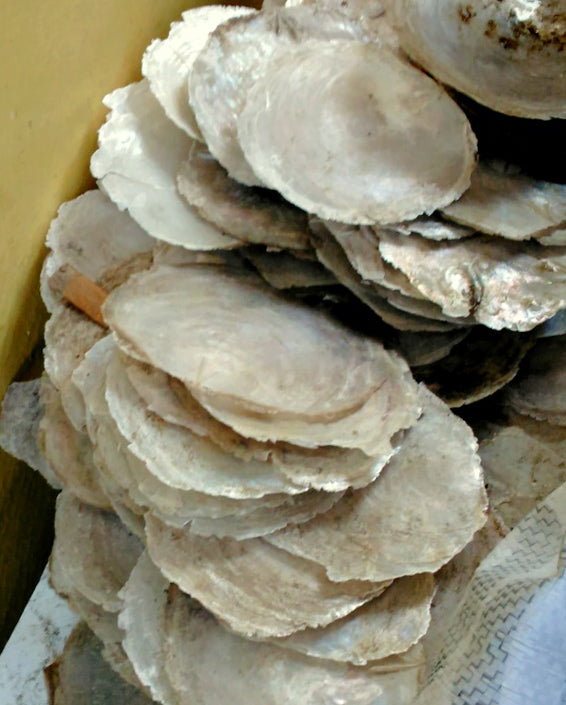
Before glass, capiz was traditionally used to make windows in the Philippines. It begins as a jagged circle, three to four inches in diameter, which is collected and then soaked in tubs to prepare for the work of the artists.
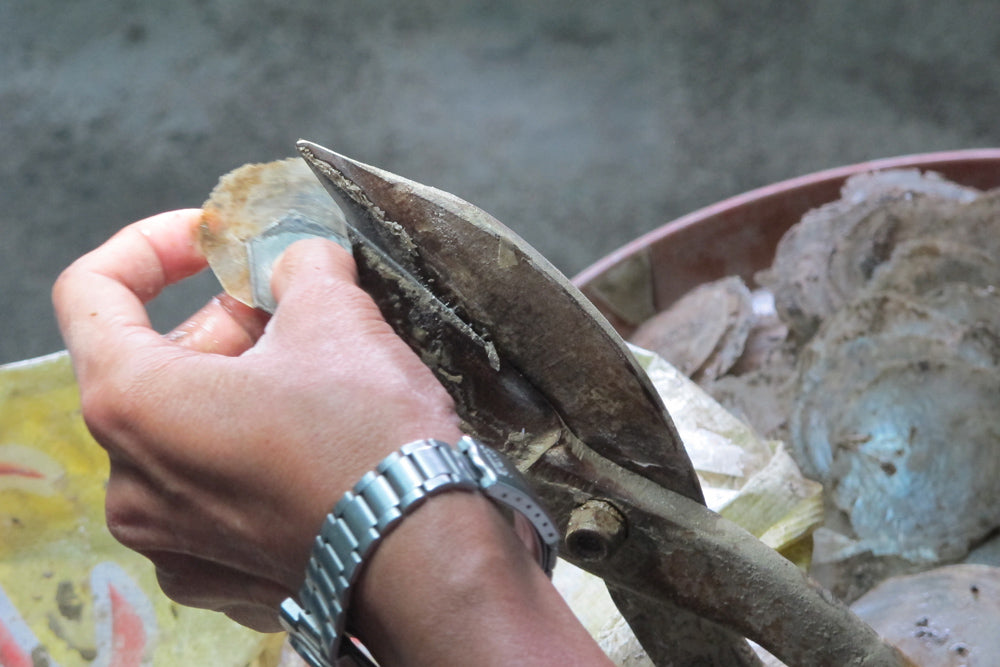
To make jewelry, a stencil is created; in this case, bold circles and rectangles were traced on the shell’s surface. The delicate material is then precisely cut by skilled artisans with large rugged, scissors. The little shapes are then given a bath in bleach to prepare for the color of the jewelry.
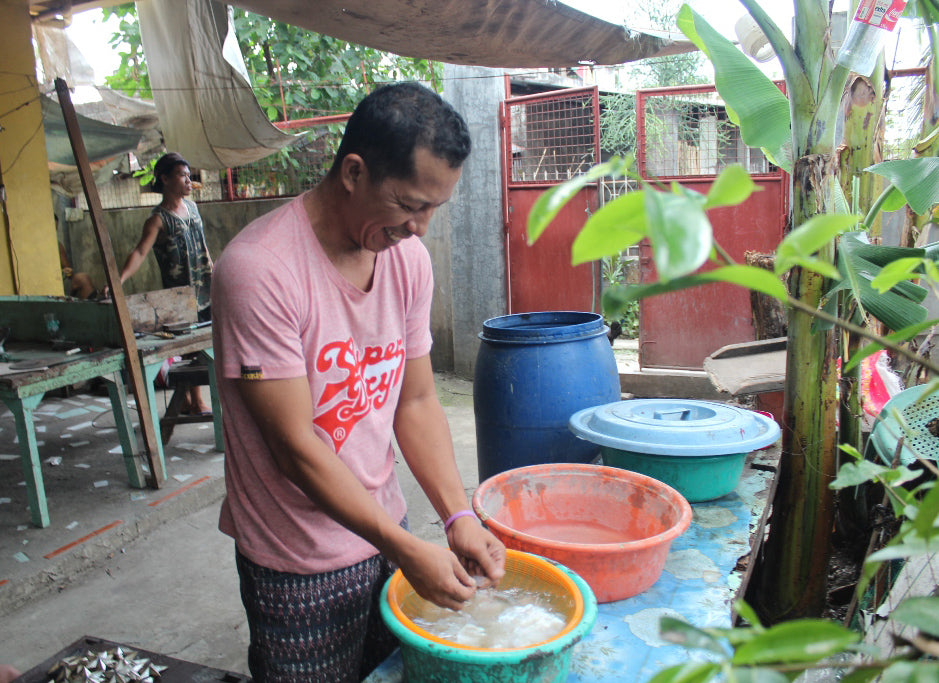
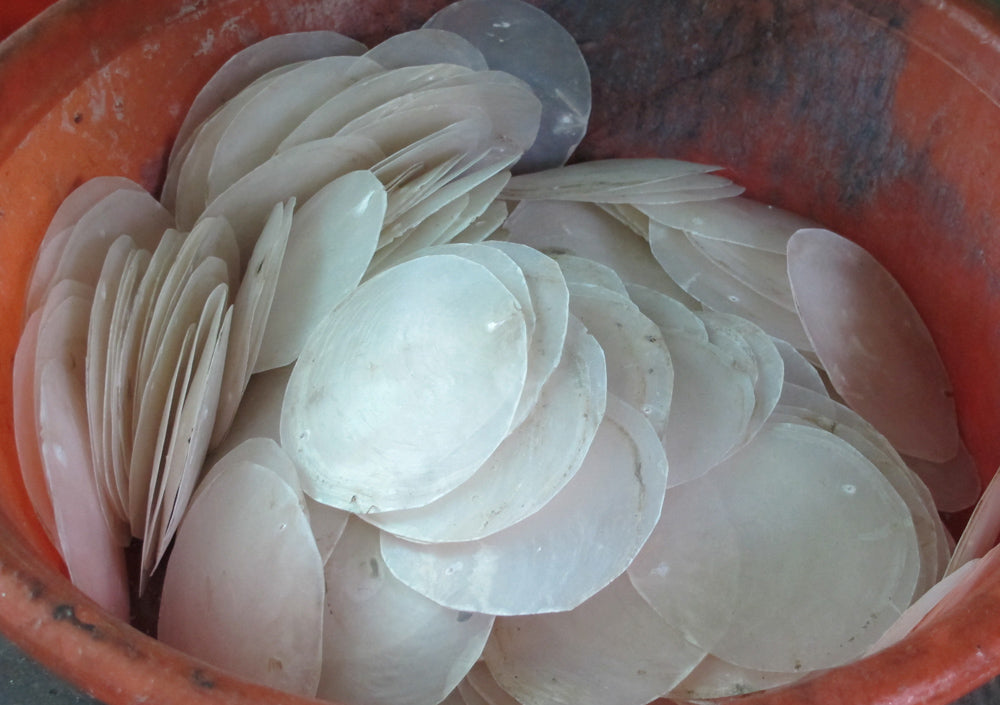
A blank slate, they are sprayed with dye to give them their translucent color, finished with a varnish, and left to dry on large open air racks.

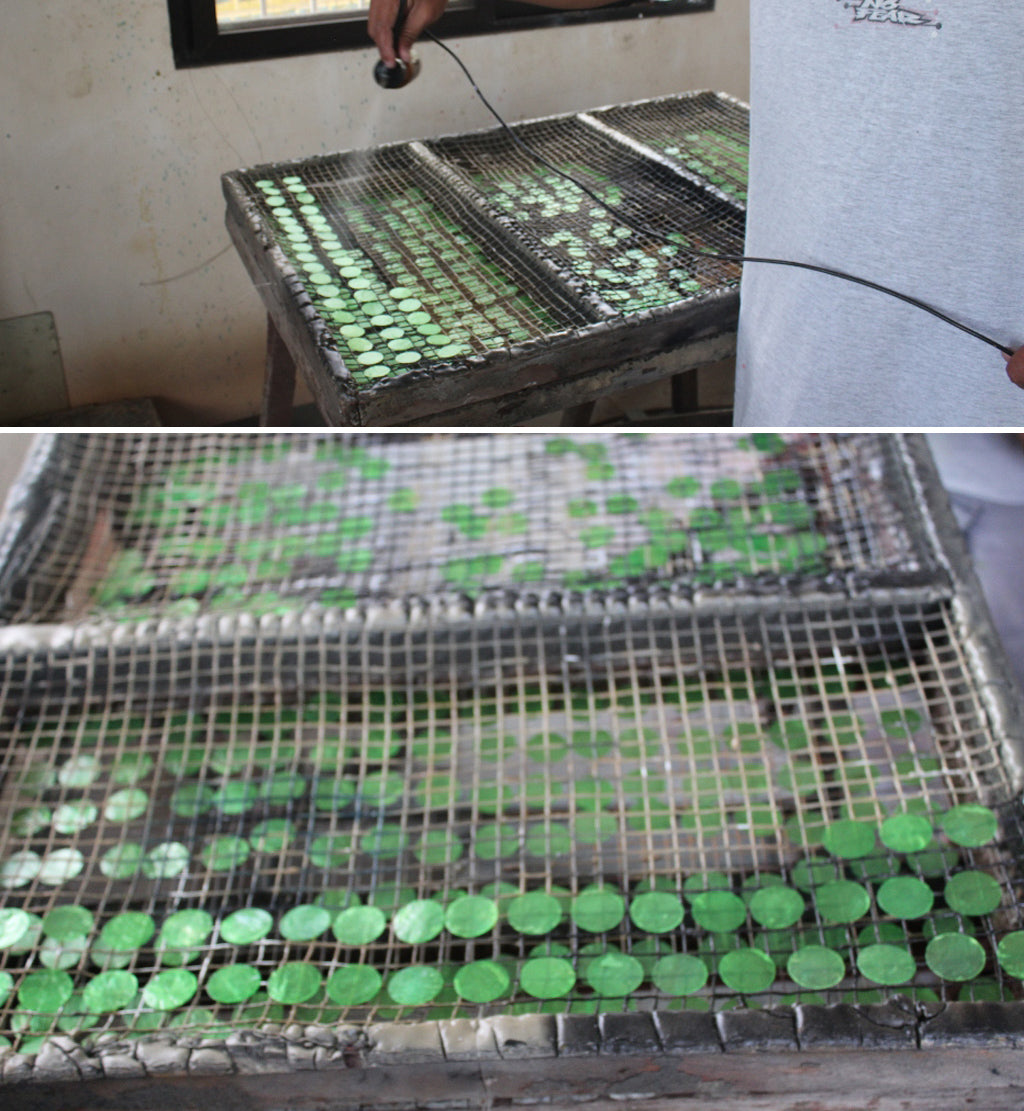
This next step requires the most skill and accuracy.
The shell must be trimmed with metal binding in order to provide a point of attachment for assembly. Brass is folded to cover each side of the slender shell and hammered to create a seam. Artisans execute this phase with well-honed skill in order to create a secure bond without crushing the jewelry in the process.
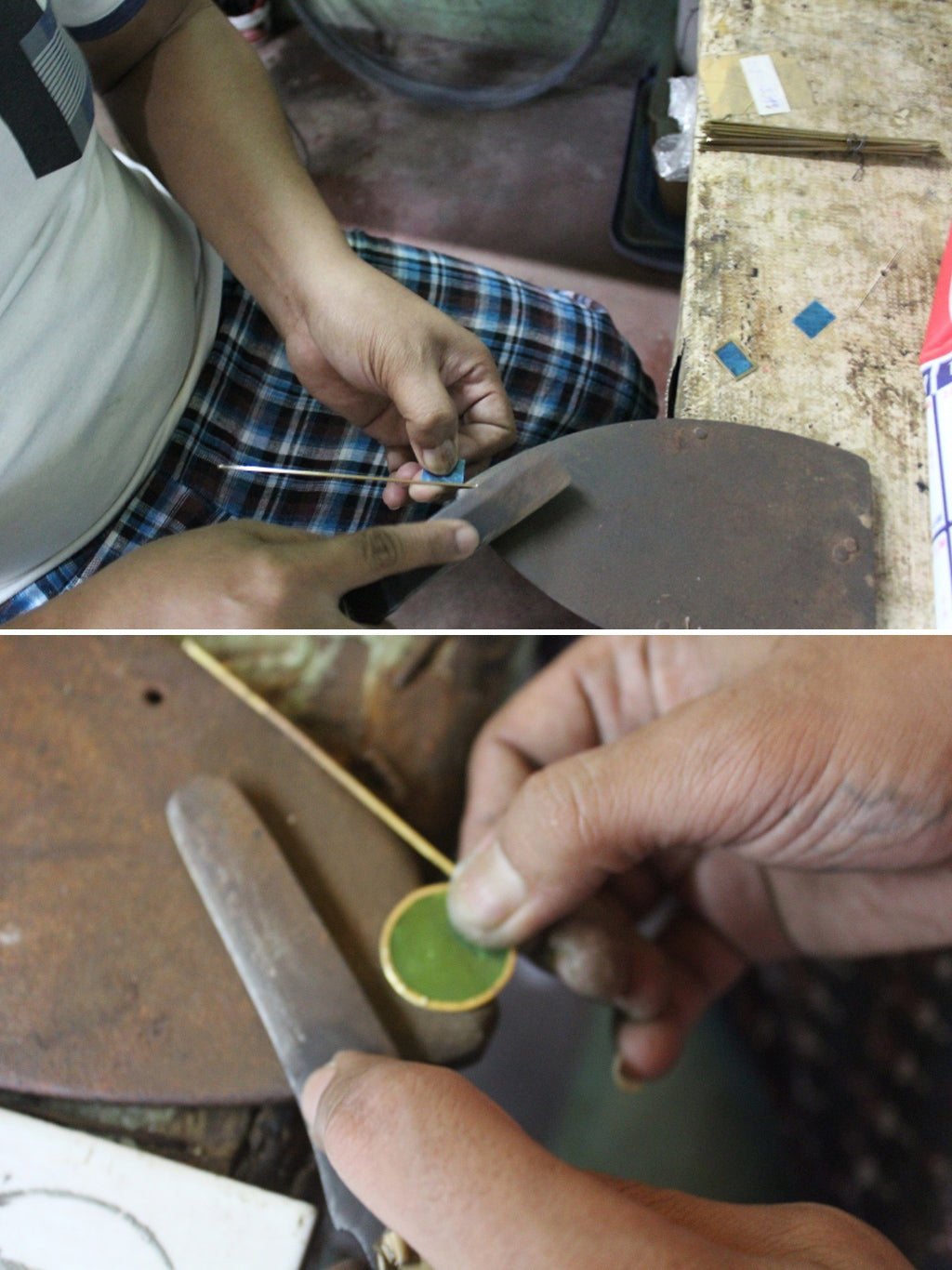
Once the binding is complete the pieces are soldered and the chains are attached forming the design that started it all.
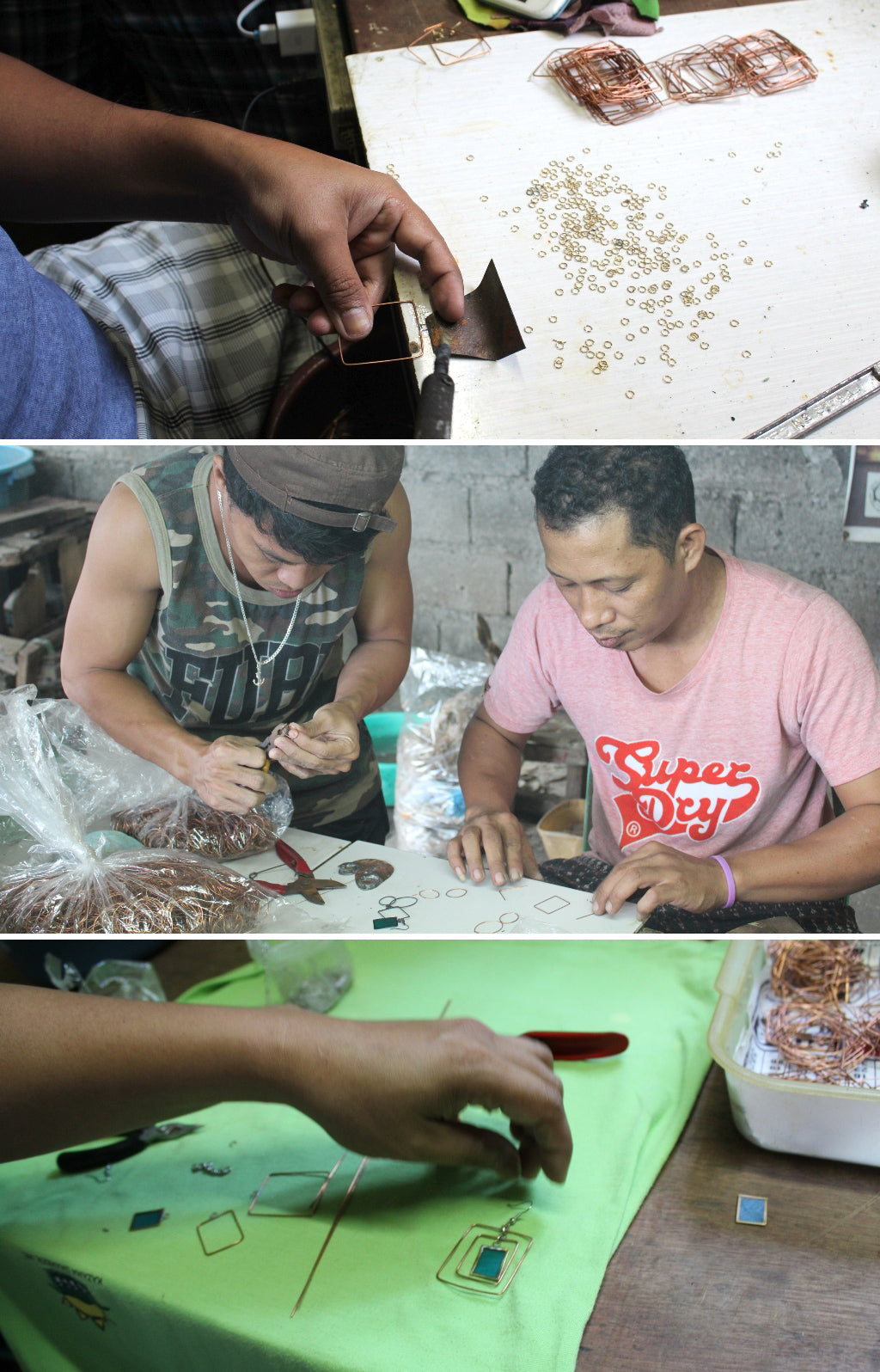
With a few finishing touches and a check from quality control, what started as a drawing on a page is now a real, wearable piece of art. Finally, the necklace that Dalaiah and Loui had a hand in creating can be sent out to stores for others to enjoy.
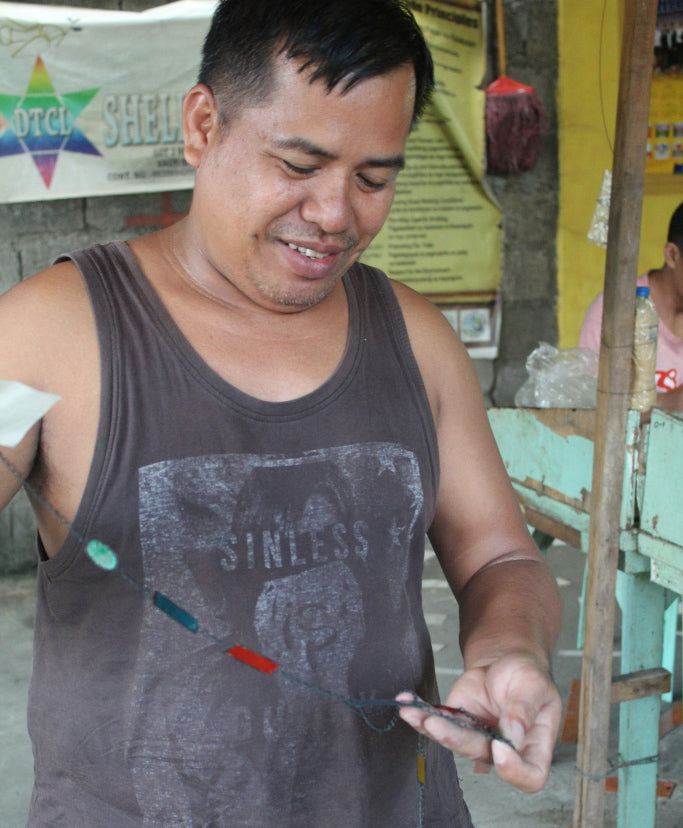
This story, and so many others like it, demonstrates that fair trade is all about the journey; the people, the collaboration, the materials and processes that are rich with culture, and the striving to make a difference. It works through partnerships, such as ours with SAFFY, to create both art and opportunity. When both sides work together we are able to create something bigger than ourselves, a life-changing difference. This is why we are passionate about what we do.
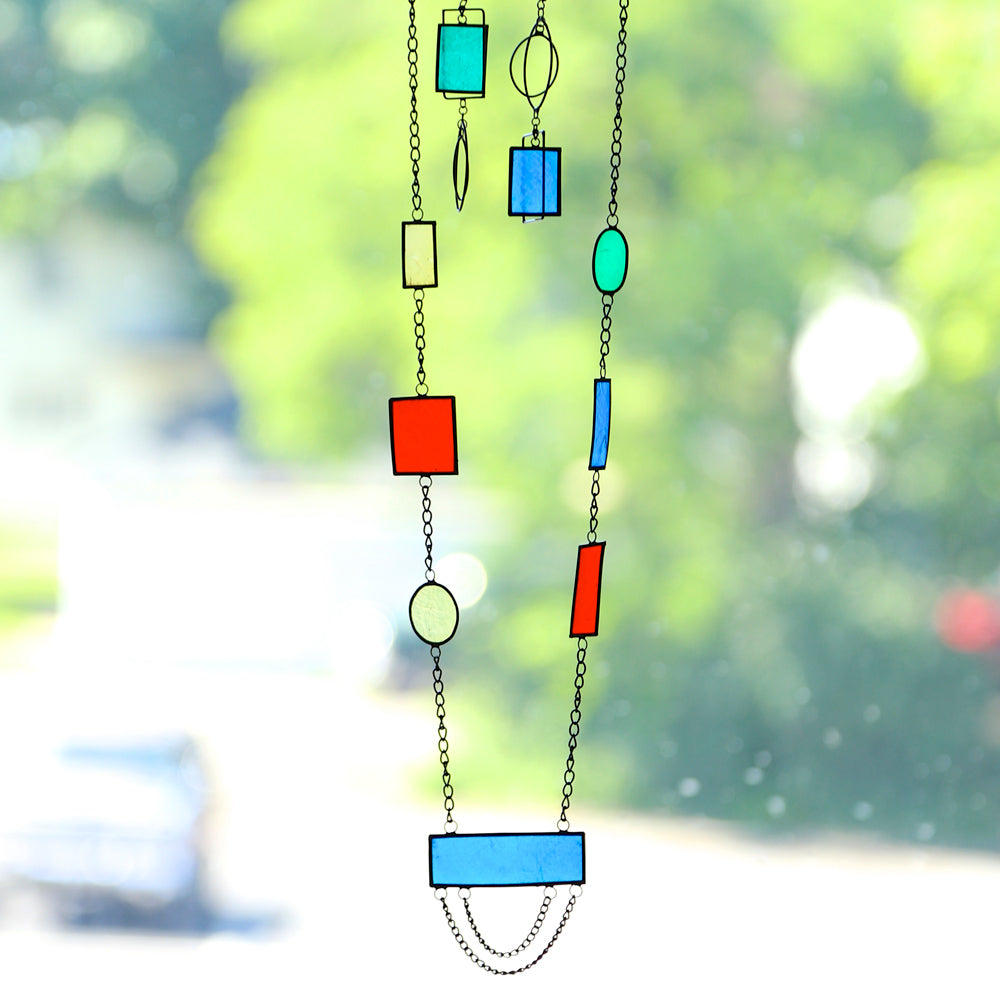
 Claire Lucas
Claire Lucas
Part-time kayaker, full-time national park enthusiast, Claire is a summer communications intern at Villages. When she is not hitting the books, this soon-to-be college senior can be found romping barefoot in her family’s vegetable garden or planning her next trip out West; Utah here she comes! Claire dreams of one day living in the mountains with a dog, a farmhouse, and the perfect cup of black coffee, but the rolling hills of Eastern Pennsylvania will do for now.


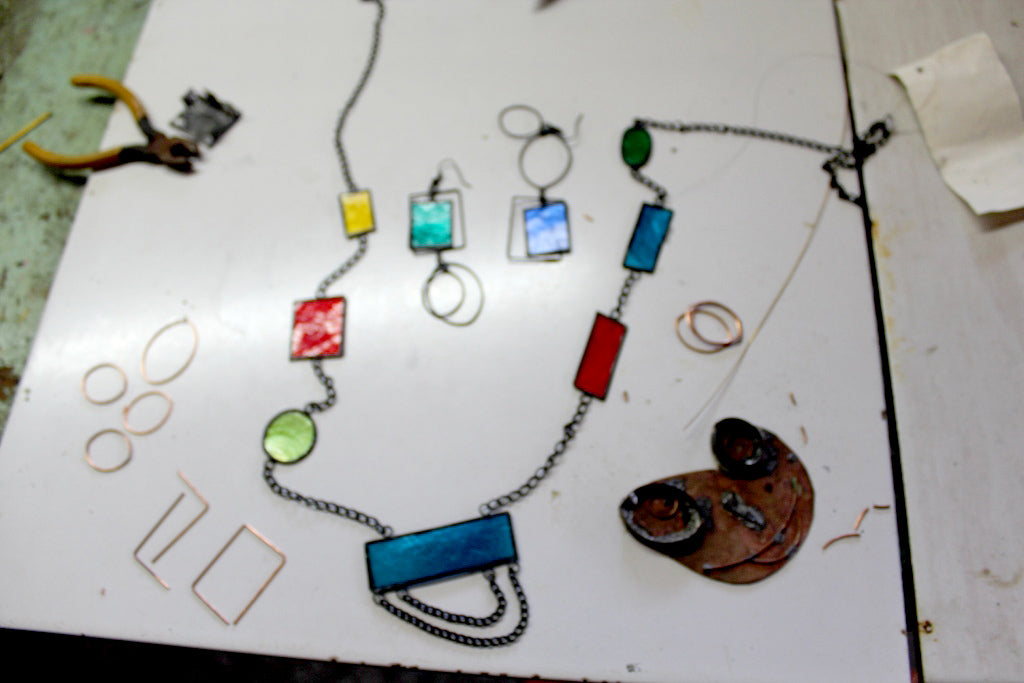

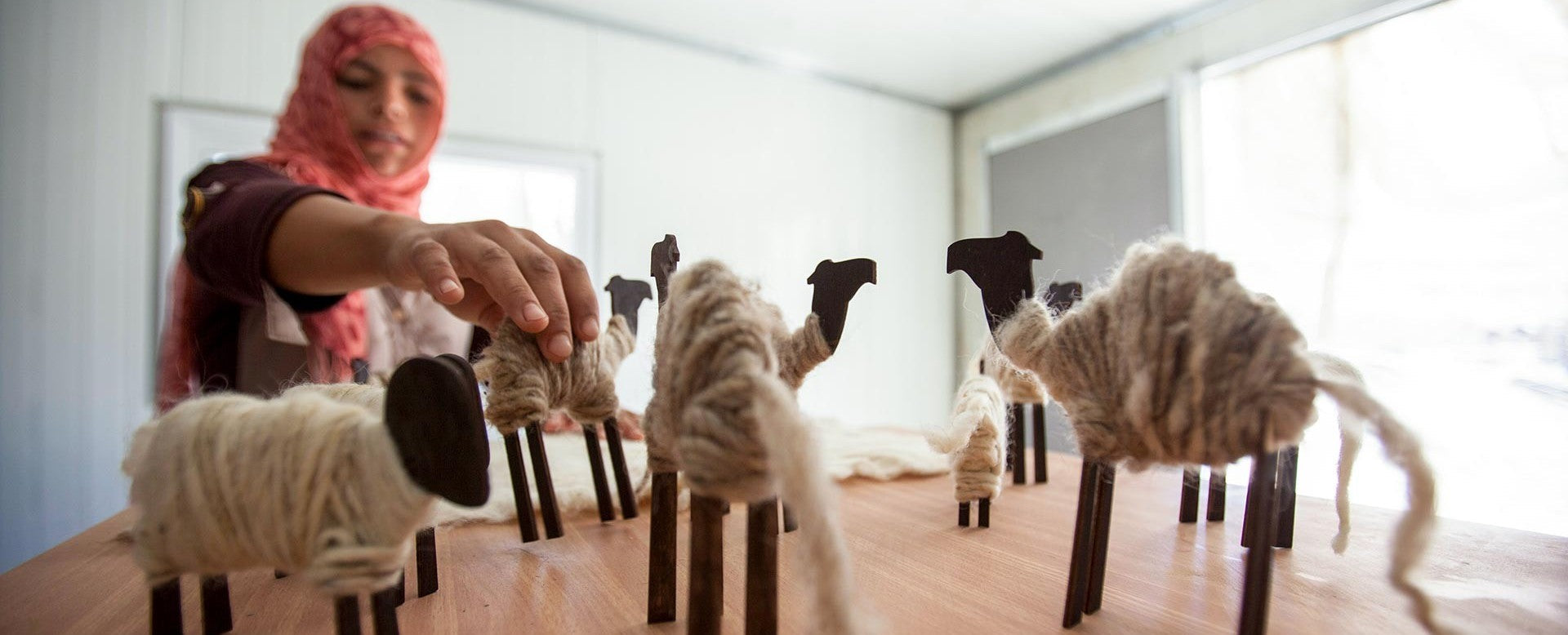
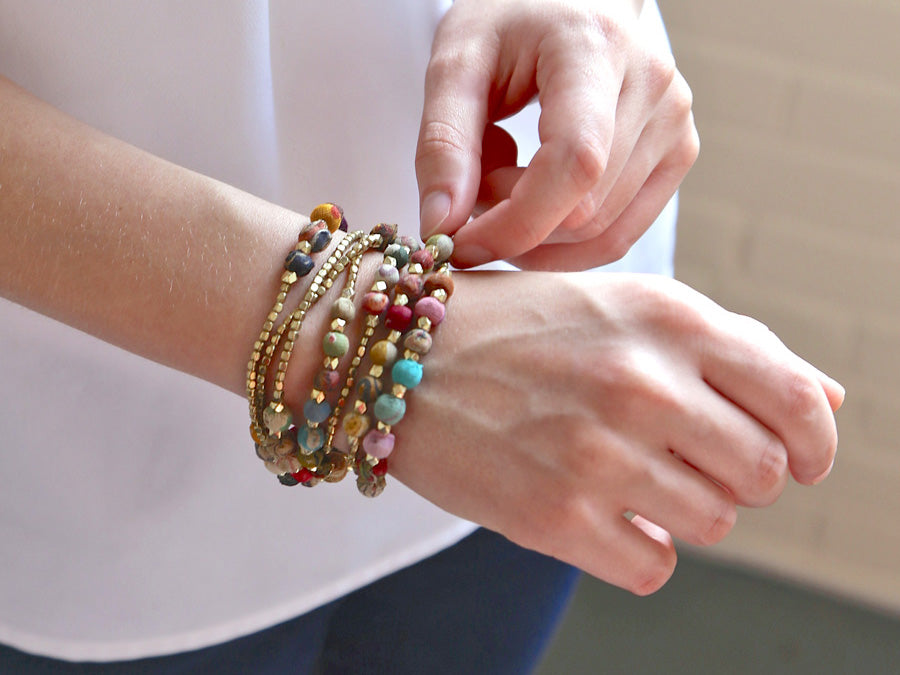
Comments